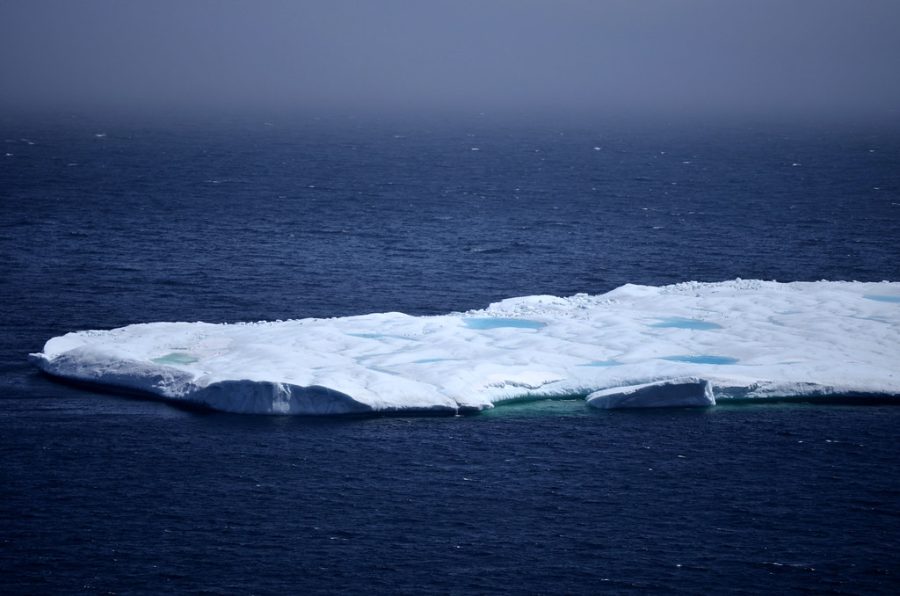Earth’s Band-Aid: Mega Iceberg is Melting, Dumping Tons of Water Into Ocean
Mega Iceberg melts and drifts towards South Georgia Island.
January 27, 2022
Mega iceberg, A68A, is melting and drifting through the ocean. In 2017, the iceberg was part of the Larsen-C Ice Shelf before it broke off in December 2020. Climate change being part of the problem in its departure. The iceberg began to approach the South Georgia Island. Researchers have found that the iceberg has lost about 544 cubic kilometers of its ice, a third being melted into approximately 152 billion tons of fresh water into the ocean in the past three and a half years of its journey.
“A68 was an absolutely fascinating iceberg to track all the way from its creation to its end. Frequent measurements allowed us to follow every move and break-up of the berg as it moved slowly northwards through iceberg alley and into the Scotia Sea where it then gained speed and approached the island of South Georgia very closely,” said GIS and mapping specialist, Laua Gerrish.
One frequent concern that researchers faced was that the iceberg likely collided with a shallow portion of the seafloor while turning in its drift. Though it might not have grounded itself, a small amount potentially could’ve harmed the organisms living in the area. Ocean currents were likely to have been interrupted resulting in damage to the island’s wildlife and migration patterns, for it was a key part of the Southern Ocean’s food web. South Georgia Island government also worries for the 5 million seals and 30 bird species who a third are threatened by the drastic change in their environment.
Although the iceberg melting isn’t because of global warming, the separation occurred due to the climate change. Many places like Antartica and the Arctic have been experiencing similar difficulties with their ice and weather. Inferences made by researchers are yet to be confirmed and the outcomes are an ongoing mystery.


